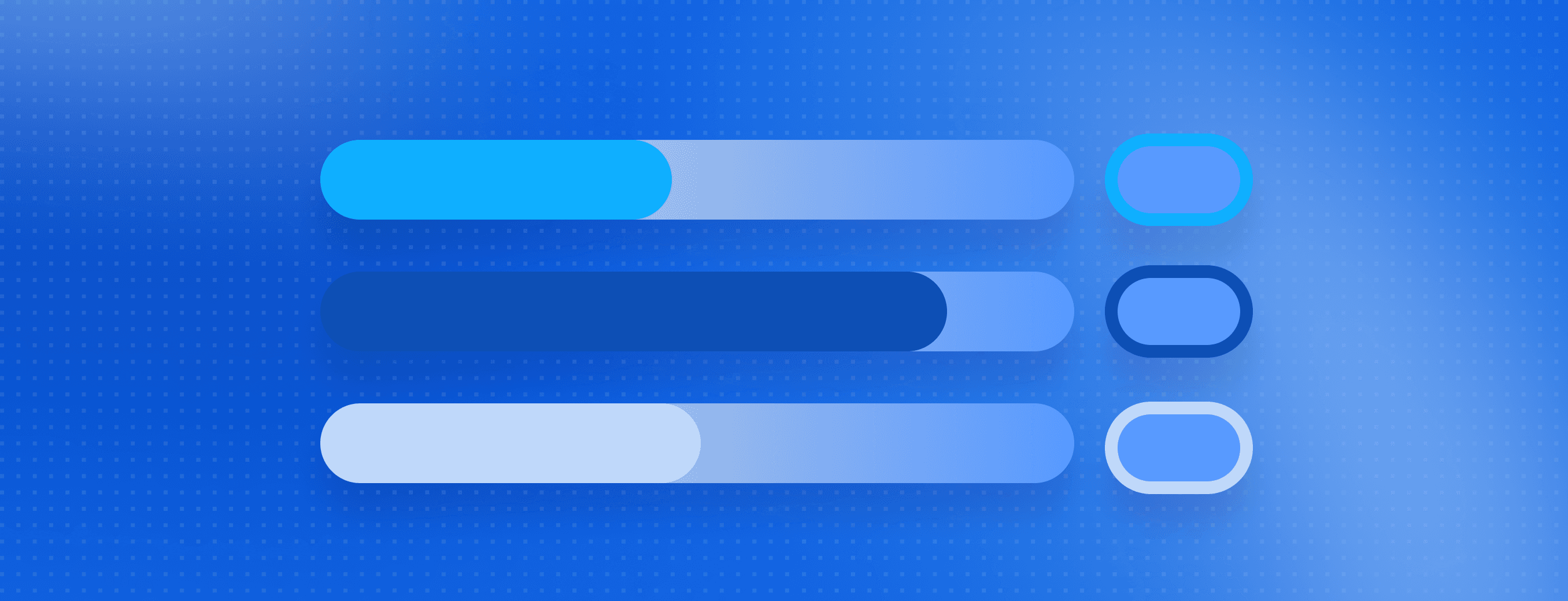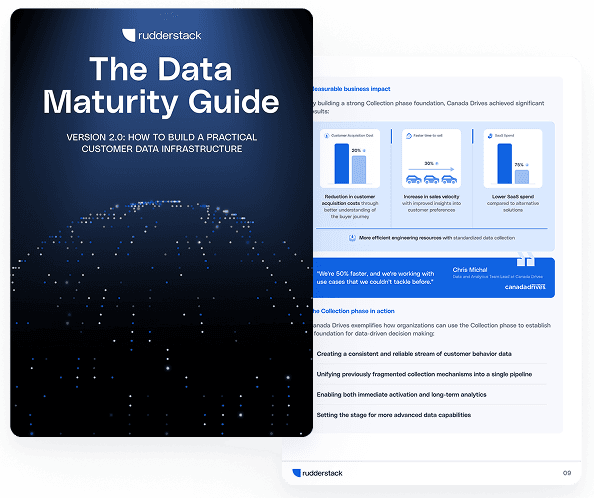RudderStack: An Open-Source Customer Data Platform

Published:
December 26, 2019

Event streaming: What it is, how it works, and why you should use it
Event streaming allows businesses to efficiently collect and process large amounts of data in real time. It is a technique that captures and processes data as it is generated, enabling businesses to analyze data in real time

RudderStack: The essential customer data infrastructure
Learn how RudderStack's customer data infrastructure helps teams collect, govern, transform, and deliver real-time customer data across their stack—without the complexity of legacy CDPs.

Scaling data products starts with fixing the foundation: Five lessons we’ve learned
Most teams don’t have a modeling problem—they have a foundation problem. This post shows how to standardize your pipeline, put one owner in charge, and use observability to scale data products.







